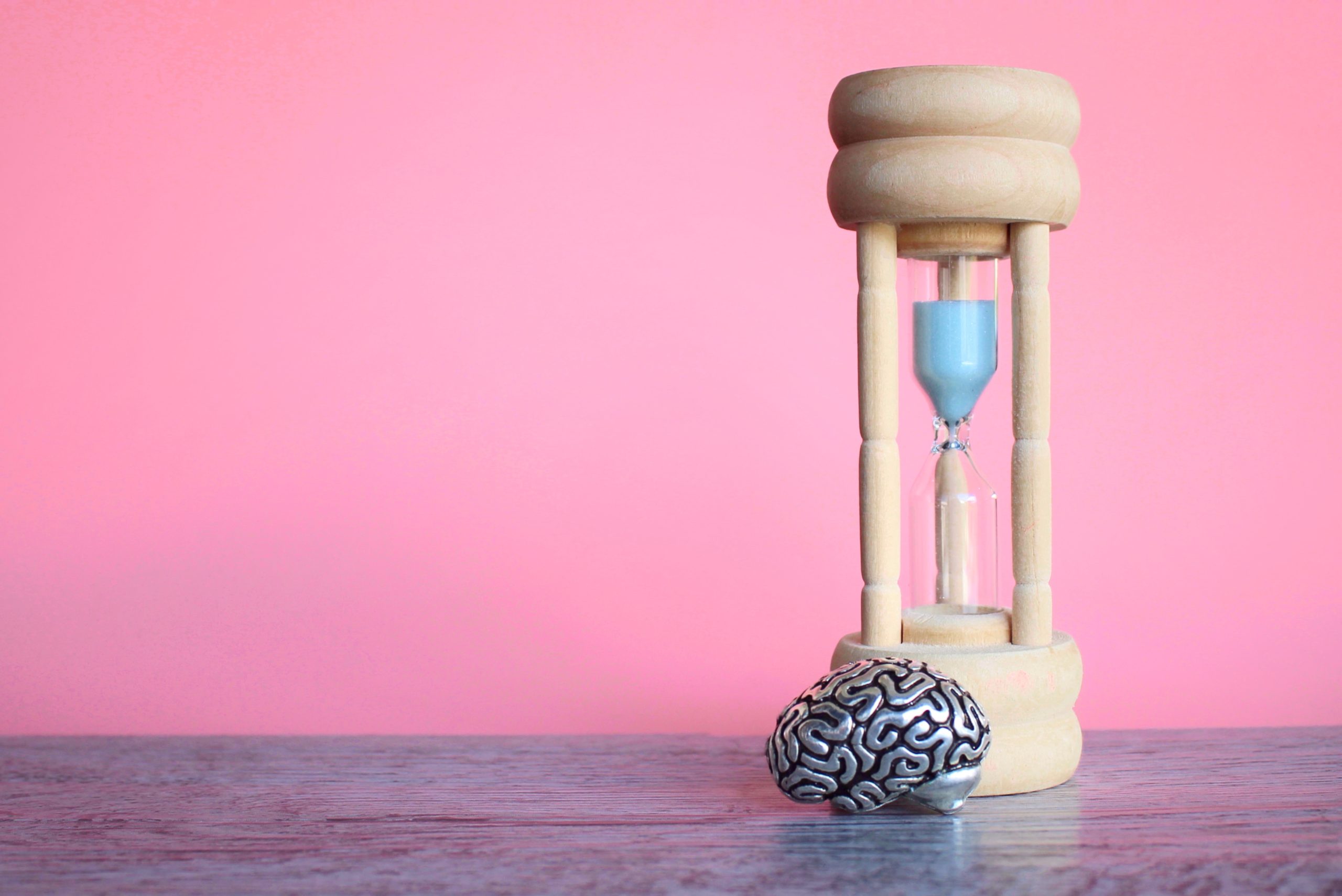

There are ways to slow down the aging process.
I don’t mean changing your chronological age — time marches on, no matter what we do.
Instead, I’m talking about slowing down how old your body feels and acts — and, in more scientific terms, that equates to your biological age.
One way to slow the toll of aging is to keep your heart healthy, because, as researchers found, when heart health goes up, biological aging goes down — as much as 6 years!
But your brain runs the show, right? And now there’s new evidence that healthy eating to achieve a very small amount of weight loss can result in a younger, more well-connected brain.
Even a little weight loss makes your brain younger
In contrast to the many ways obesity accelerates the mechanisms of aging, including changes that mimic Alzheimer’s — a recent study from Ben-Gurion University of the Negev in Israel suggests that even a small amount of weight loss appears to put the brakes on brain aging.
The researchers took brain scans of 102 participants at the beginning of the trial and then again after 18 months. During the 18-month period, participants ate one of three diets:
- a Mediterranean diet with lots of nut, fish, and chicken instead of red meat;
- a Mediterranean diet with a few added extras such as green tea (for its polyphenol content);
- or a diet based on healthy dietary guidelines.
Participants’ activity levels were taken into account. They received a free gym membership as part of the trial, so exercise factored in.
Brain age was estimated using a model used in other studies that accurately predicted age from measures based on brain connectivity.
On average, participants lost around 2.3kg (around 5 lbs.).
More importantly, for every one percent of body weight lost, all participants’ brains appeared almost nine months younger than their chronological age.
More food for thought — and a bigger brain
A previous 2015 study from Columbia University backs the findings of the Israeli study — and reinforces that it’s never too late to turn back the age of your brain…
A group of 674 people aged 80 or older was divided into two groups. One group reported that they followed a Mediterranean diet. The other did not follow any of the principles of a Mediterranean style of eating.
When researchers compared brain scans from the two groups, they found that the people who followed a Mediterranean-style diet had a total brain volume that was 13.11ml. larger than those in the other group.
It’s a well-known fact that brain shrinkage is linked to brain aging and deterioration.
Eat for a younger brain and less weight
At this point, the evidence is undeniable: eating Mediterranean-style is a “no-brainer” if you want a younger brain.
But you don’t have to do it overnight…
In fact, according to Dr. David Katz, a nutrition expert at the Yale School of Medicine, the key is to make small changes.
Don’t try and overhaul your diet overnight. It’s easier to adopt one new food habit at a time, like eating fish once a week if you’re not in the habit already, switching to whole grains the next week, cooking with olive oil instead of butter and enjoying more nuts, seeds and fresh fruits and vegetables. That way, you’ll be able to sustain those changes.
And remember, this isn’t a deprivation “diet.” The Mediterranean “diet” is really a term to describe an overall eating pattern, rather than a strict diet. When you eat the right stuff, you don’t feel like you’re giving anything up — except what’s aging you!
Oh, don’t forget the exercise part, and here’s a tip: Researchers found that a faster walking pace was associated with longer telomeres — regardless of the amount of physical activity — and could translate to the equivalent of turning your biological age back 16 years!
Sources:
Weight Loss Slows Aging in The Brain by Up to 9 Months, Study Finds — Science Alert
The effect of weight loss following 18 months of lifestyle intervention on brain age assessed with resting-state functional connectivity — eLife
Adipose tissue distribution from body MRI is associated with cross-sectional and longitudinal brain age in adults — NeuroImage: Clinical
Mediterranean diet and brain structure in a multiethnic elderly cohort — Neurology

